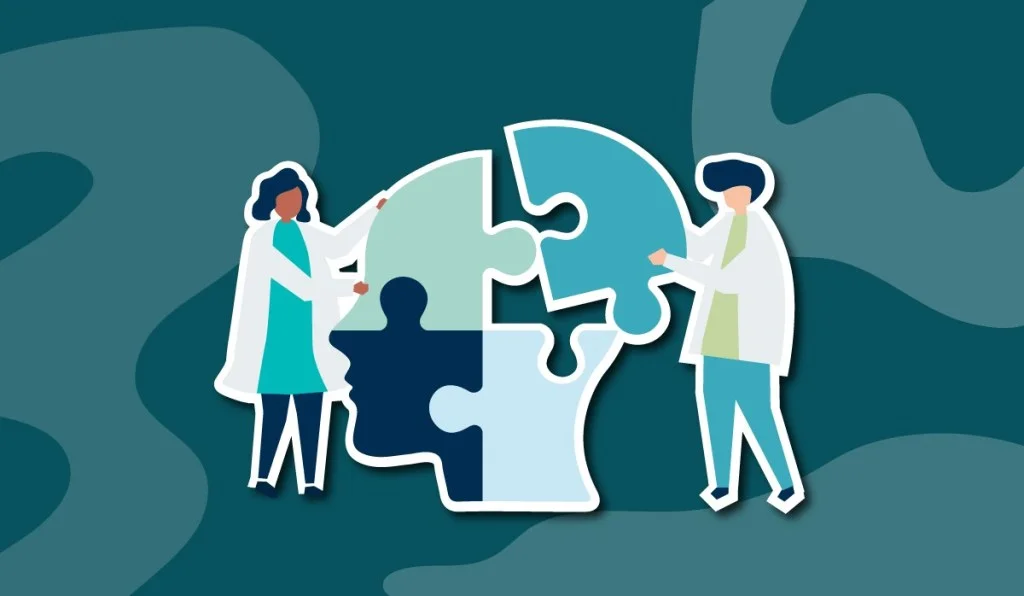In 2025, mental health in India is no longer a hush-hush topic—it’s a booming industry, a lifestyle upgrade, and a digital revolution. With therapy now available on subscription, emotional wellness is becoming as routine as your monthly OTT binge. From AI-powered chatbots to licensed psychologists on call, India is embracing a new era of “mental wealth”—where care is accessible, affordable, and stigma-free.
Therapy in Your Pocket: The Rise of Digital Platforms
Startups like Wysa, Lissun, HopeQure, and Betterlyf are leading the charge with subscription plans that offer:
-
Weekly video or chat sessions with certified therapists
-
24/7 emotional support via AI chatbots
-
Self-help modules based on CBT, mindfulness, and journaling
-
Plans starting as low as ₹499/month
These platforms are breaking barriers—geographic, financial, and cultural—by offering therapy in regional languages, LGBTQ+ affirmative care, and trauma-informed approaches.
AI Therapy: Empathy Meets Algorithms
Chatbots like Wysa and Woebot simulate therapeutic conversations using cognitive behavioral therapy techniques. They ask guided questions, offer breathing exercises, and help users reframe negative thoughts.
Recent studies show that these tools can reduce symptoms of anxiety and depression in just two weeks, especially for mild to moderate cases. But experts caution: while AI can support, it can’t replace human empathy in complex emotional situations.
Mental Health Goes Mainstream—and Affordable
India’s mental health therapy market is projected to hit $1.16 billion by end-2025, with a staggering 28.16% CAGR through 2032. Subscription therapy is a key driver, making care accessible to middle-income users and small-town residents.
Employers are also jumping in—integrating therapy into Employee Assistance Programs (EAPs) to tackle burnout, anxiety, and workplace stress.
The Supply Crunch: Can India Keep Up?
Despite rising demand, India has only 0.3 psychiatrists per 100,000 people, far below WHO’s recommended ratio. Platforms are trying to scale responsibly, but quality control and licensing remain challenges.
The government’s Tele MANAS initiative and Ayushman Bharat are expanding digital mental health access across 767 districts, but the treatment gap still ranges from 70% to 92%.
Real Stories, Real Impact
“I never thought therapy could be this easy. I chat with my therapist every week, and it’s helped me sleep better and manage work stress,” says Priya G., Hyderabad. “Living in a remote town, I had zero access to therapists. Finding one online who spoke Kannada changed everything,” shares Rajesh M., Mysuru.
What’s Next for Mental Wealth in India?
-
Hybrid models combining AI and human therapists
-
Mental health certificates for workplace accommodations and academic support
-
Multilingual therapy for deeper cultural resonance
-
Preventive care through journaling, meditation, and emotional fitness apps
Sources: MSN, Psychreg, CareMe Health, BW Wellbeing World, Blume Ventures
